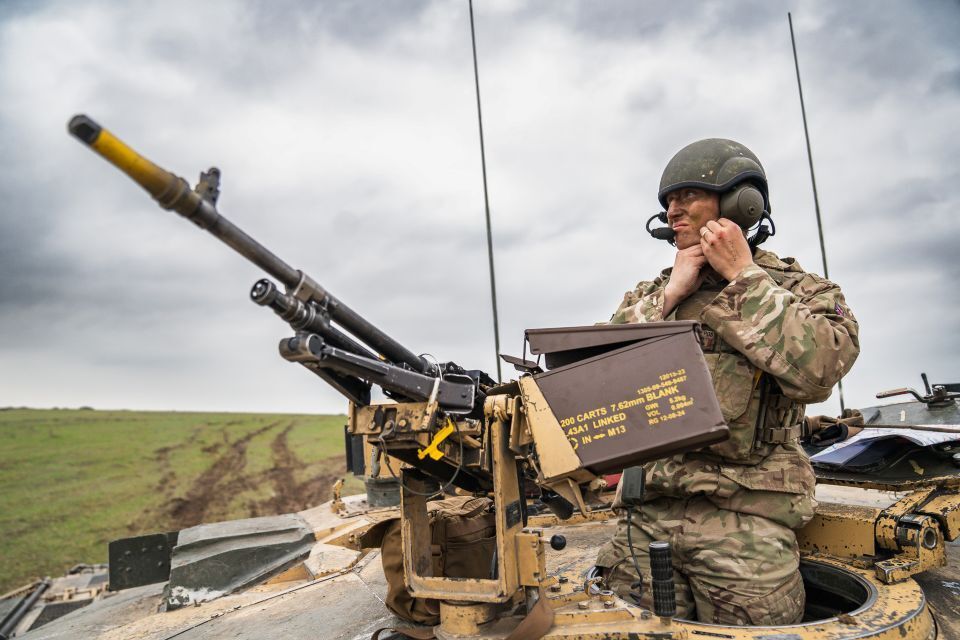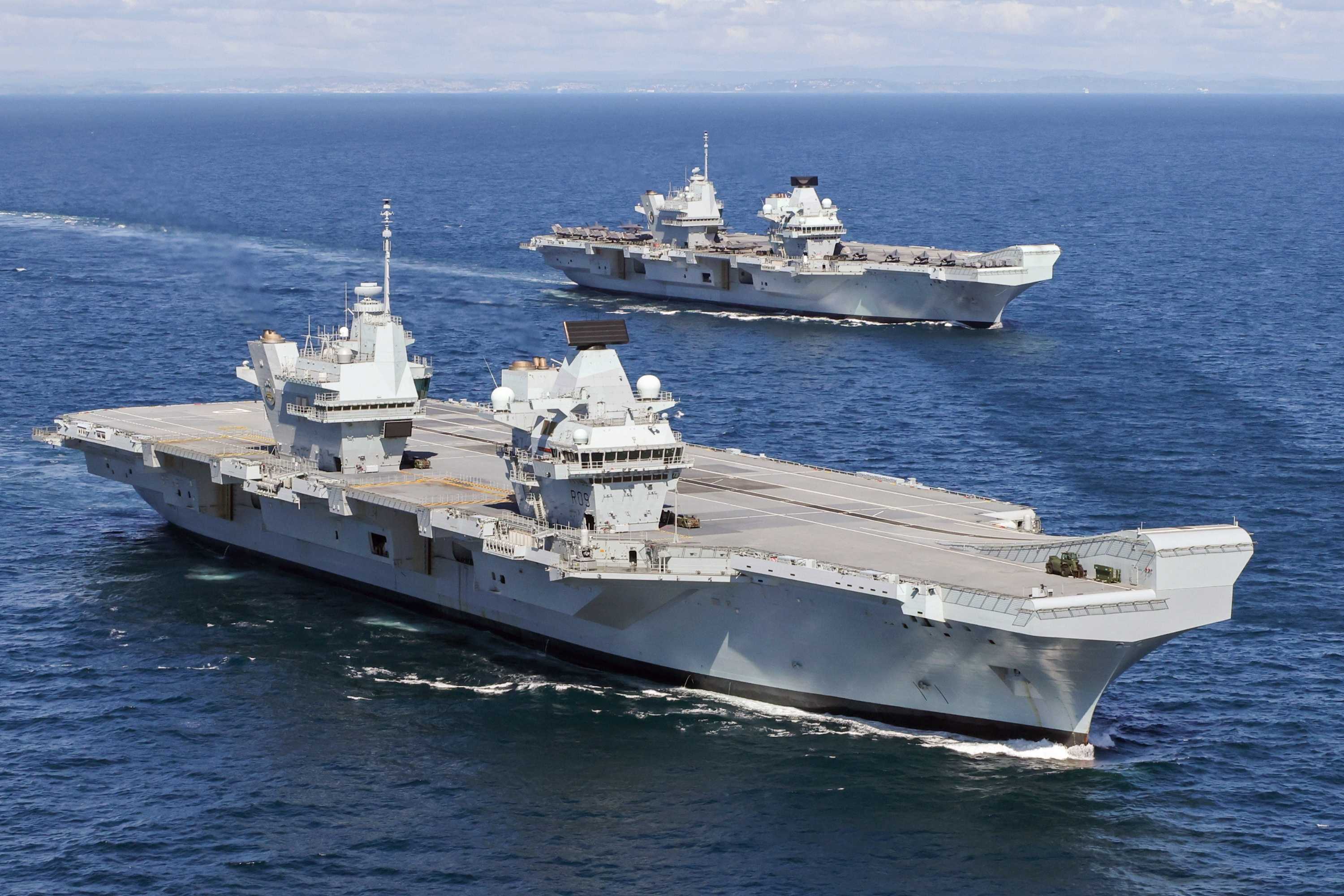Tornado 2 Tempest component recycling project off to flying start

Image courtesy DE&S
The innovative recycling project – led by our Defence Recycling & Disposals Team (DRDT) – has seen parts from old Tornado aircraft turned into powered metal and used to 3D print new components suitable for Tempest jets.
The development could save money, reduce the UK’s reliance on global supply chains of critical and high value metals and produce components that are lighter, stronger, and longer lasting than those made through traditional forging techniques.
Many of the Ministry of Defence’s surplus assets contain strategic metals, including high quality steel, aluminum, and titanium, and the Tornado 2 Tempest project team have been identifying whether some of these components could be atomised into powders – known as “feedstock” – for additive manufacturing to make new parts.
Tornado parts containing titanium, including jet engine compressor blades from a low-pressure air compressor, were selected. They were cleaned, successfully atomised and recycled into a 3D printed nose cone and compressor blades by Additive Manufacturing Solutions Limited (AMS) for Orpheus – Rolls-Royce’s small engine concept that is part of the MoD’s Future Combat Air System (FCAS) programme delivering Tempest.
The nose cone was fitted onto an Orpheus test engine and passed suitability and safety checks – demonstrating the technique has potential use in the sixth-generation jet.
Minister for Defence Procurement and Industry, Maria Eagle said: “The Tornado 2 Tempest project highlights the creativity, ingenuity and innovation defence employs in our approach to national security.
“By working with key industry partners, we can deliver savings, reduce reliance on global supply chains and ensure our Armed Forces have the very best kit to keep our country safe.”
The project was led by DRDT in partnership with the MoD FCAS team, Rolls-Royce and AMS based in Burscough, Lancashire.
Thomas Powell, DRDT’s Strategic & Submarine Recycling Senior Commercial Manager, said: “Not only can this solution reduce the costs and burden of sourcing critical and high-value metals, but it can also produce components which are lighter, stronger, and longer lasting than those made through traditional forging techniques, thereby further enhancing the MoD’s overall sustainability and effectiveness.”
A team of more than 80 people participated in the project, including DRDT’s commercial graduates and Rolls-Royce graduate apprentices, combining current skills and innovative technologies to deliver and maintain future capabilities.
Funded by UK Strategic Command’s Defence Support Organisation in relation to its Circular Economics for Defence Concept Note, the feat shows that turning old parts into new is viable and could bring huge benefits to the MoD and wider Defence, especially through increasing the accessibility of strategic metals to the UK Defence industry and suppliers.
Squadron Leader Rob, FCAS’ Sustainability Requirements Manager, said: “Innovative technology initiatives such as Tornado 2 Tempest could reduce the RAF’s dependence on lengthy and costly supply chains, allowing us to sustain operations for longer, with the associated benefit of reduced emissions and waste.
“Through the expected lifecycle of the UK’s Future Combat Air System, we expect access to critical materials to be challenged, as global supply chains become increasingly disrupted and competitive. In parallel, there is a societal need to make the best use of the raw materials we already have.”
The MoD’s Chief of Defence Logistics and Support (CDLS) recently awarded the Tornado 2 Tempest Rolls-Royce Team a CDLS Commendation in recognition of their commitment and dedication to the delivery and improvement of support to the front line.

Above: Rolls-Royce has been involved in a first-of-its-kind recycling initiative – known as Tornado 2 Tempest - that has turned old Royal Air Force (RAF) Tornado components into powdered metal, which has then been used to 3D print new parts for the Orpheus small engine concept.
Courtesy Rolls-Royce
The team also demonstrated a Digital Product Passport (DPP) by capturing and recording material provenance and lifecycle data. This can potentially enable more informed decisions around material allocation and protect against the use of counterfeit materials.
Andrew Eady, Rolls-Royce VP FCAS Sustainability, said: “The Tornado 2 Tempest project exemplifies the forward-thinking sustainability principles embedded in the FCAS Sustainability Strategy and MoD Defence Support Strategy.
“This project is bold, exciting and innovative, and a demonstration of exemplary collaboration between the MoD, industry and SME, furthering the drive for circular economy practices and innovative digital enablers in Defence.”
The initiative also led to the creation of three jobs and sustained two at Small Medium-Sized Enterprise (SME), AMS. The business now expects to create 25 new jobs by offering the innovation to other suppliers.
Robert Higham, AMS Director, said: “At AMS our tagline is ‘Innovative Solutions for a Sustainable Future’ and we were confident our innovations and ideas would have a great bearing on the future of a resilient supply.
“This project turned our proposed solutions into a reality and we have been very humbled and grateful to the MoD and Rolls Royce, for allowing us to showcase our capability to deliver game-changing circular economy processes and parts in Defence.”











